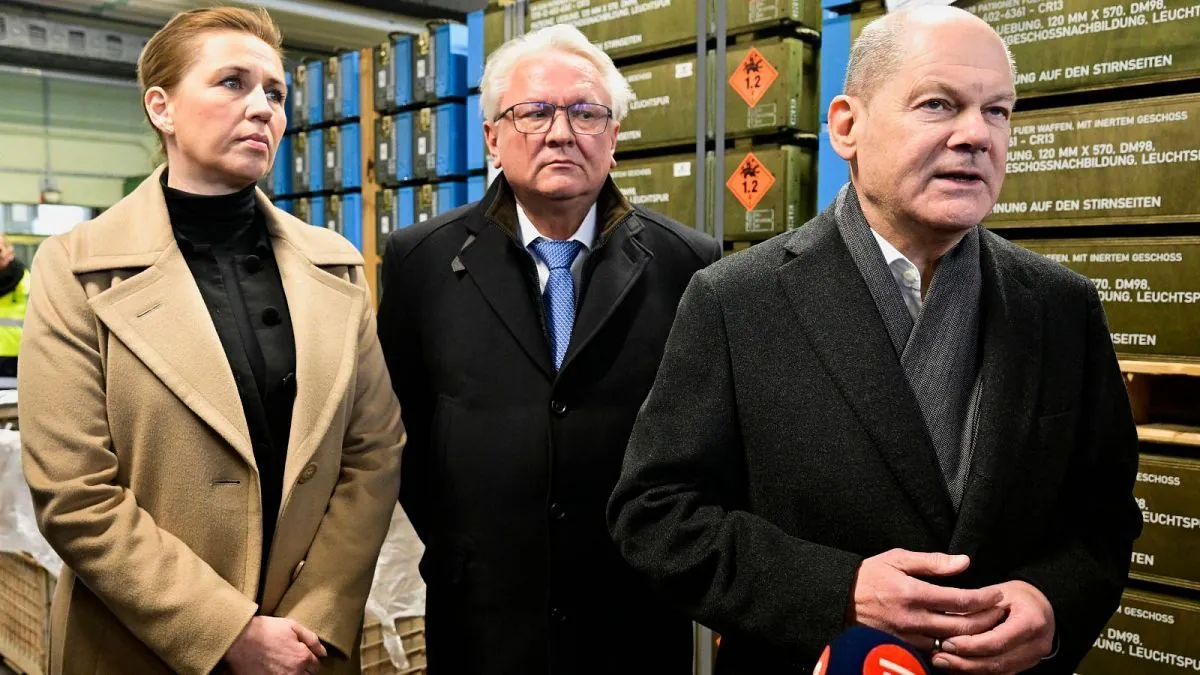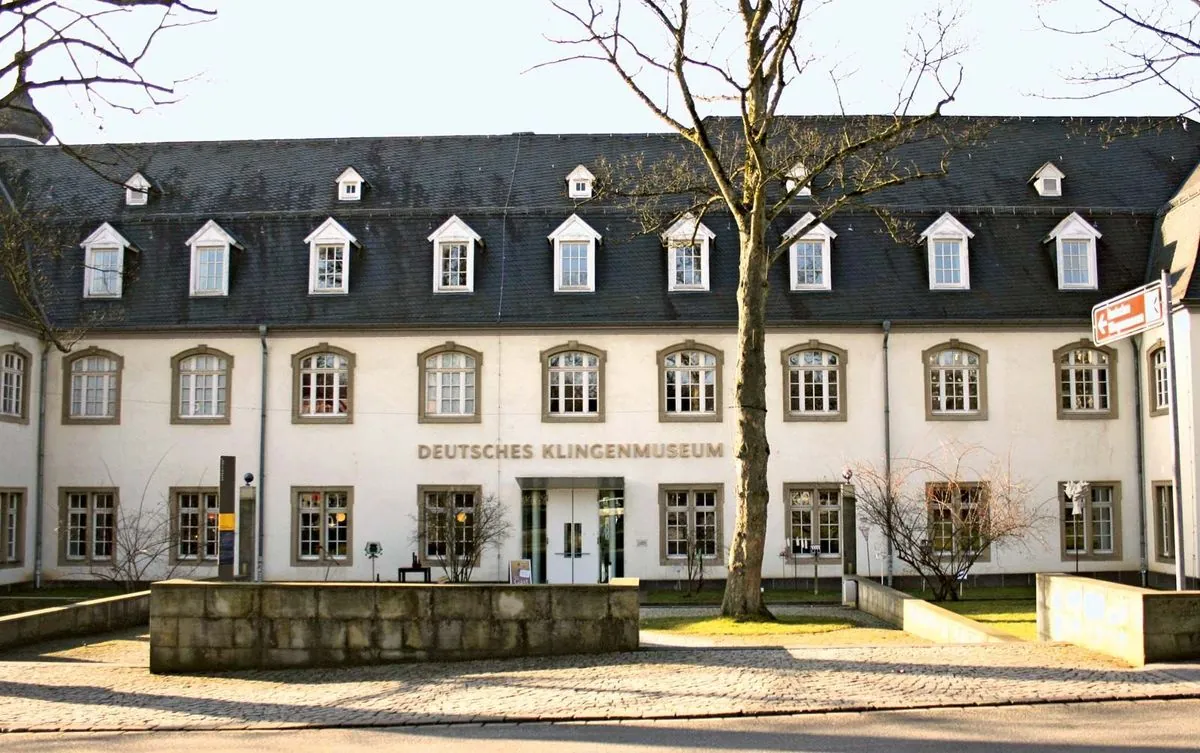Scholz Pledges Tougher Stance on Deportations After Solingen Attack
Chancellor Olaf Scholz vows to increase deportations following a deadly stabbing in Solingen. The incident, linked to a suspected IS member, reignites debates on migration policies ahead of state elections.

In response to a recent violent incident in Solingen, German Chancellor Olaf Scholz has announced plans to intensify deportation efforts and reduce irregular migration. The chancellor's statement came during his visit to the western German city, where a tragic event resulted in three fatalities.
Scholz characterized the incident as an act of terrorism against the entire population. The chancellor paid his respects at the site of the attack, laying a flower in memory of the victims. Authorities believe the perpetrator to be an individual from Syria with suspected ties to the Islamic State group.
This event has reignited discussions surrounding asylum procedures and deportation policies in Germany, particularly as three state elections approach in September 2024. Scholz emphasized the necessity of repatriating individuals who lack legal permission to remain in the country.

Solingen, known for its centuries-old knife-making tradition, now finds itself at the center of a national debate on migration and security. The incident has brought attention to the challenges Germany faces in managing its refugee population while maintaining public safety.
The suspect in the Solingen attack was identified as a "Dublin case," referring to the European Union regulation that requires asylum seekers to apply for protection in the first EU country they enter. Reports indicate that German authorities had previously attempted to deport the 26-year-old Syrian man to Bulgaria in 2023, but the effort was unsuccessful as the individual was not present at his designated accommodation.
Germany has been grappling with migration-related issues since the 2015 European migrant crisis, which saw a significant influx of refugees and asylum seekers. The country's approach to migration, including its initial "welcome culture" under former Chancellor Angela Merkel, has been a subject of ongoing political debate.
The Scholz administration, a coalition of the Social Democratic Party, the Green Party, and the Free Democratic Party, now faces the challenge of balancing humanitarian obligations with domestic security concerns. This incident has highlighted the complexities of Germany's federal system, where states play a crucial role in implementing migration policies.
As Germany continues to navigate these issues, the government must address the integration of refugees and migrants while also responding to concerns about public safety. The rise of far-right movements in the country has been partly attributed to anxieties surrounding immigration, adding another layer of complexity to the political landscape.
With state elections on the horizon, the Solingen incident is likely to influence political discourse and potentially impact voter sentiment. As Germany works to refine its approach to migration and deportation, the country remains committed to upholding its international obligations while ensuring the safety and security of its citizens.
"We will have to do everything we can to ensure that those who cannot and are not allowed to stay in Germany are repatriated and deported."
This statement reflects the government's renewed focus on enforcing deportation orders for individuals who do not meet the criteria for remaining in Germany. As the nation continues to grapple with these complex issues, finding a balance between compassion and security remains a paramount concern for German policymakers and citizens alike.


































